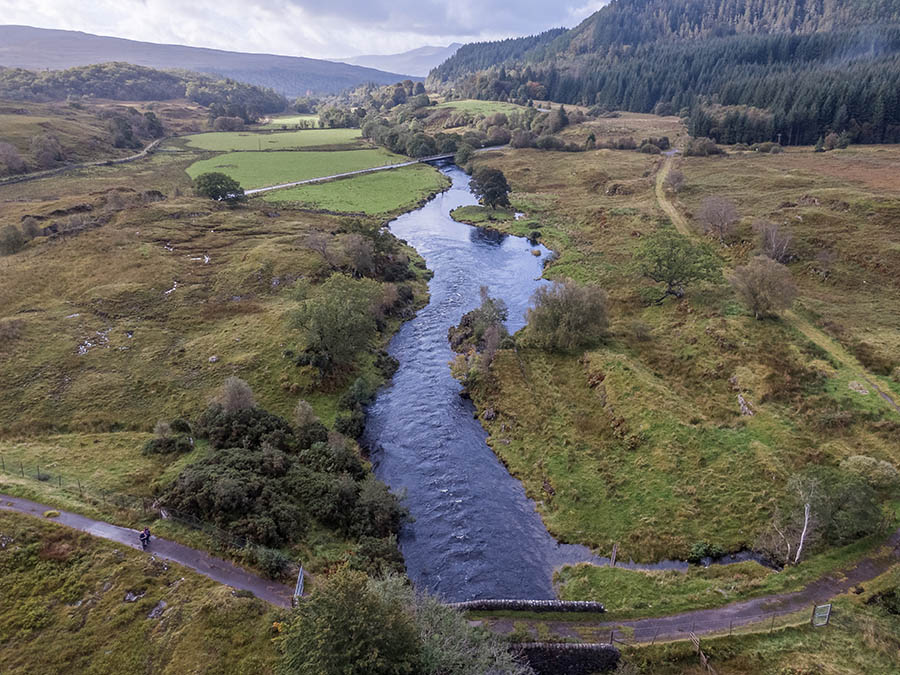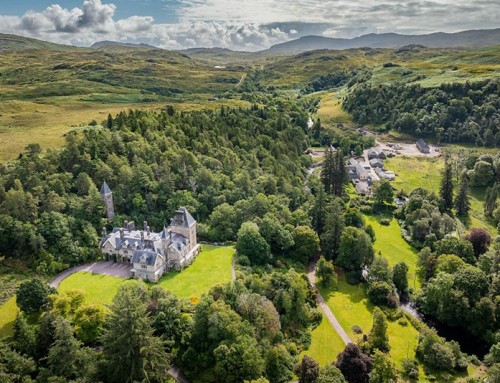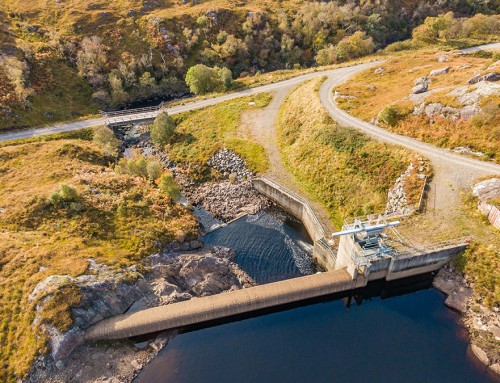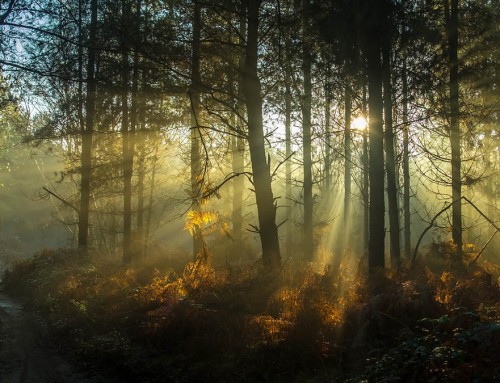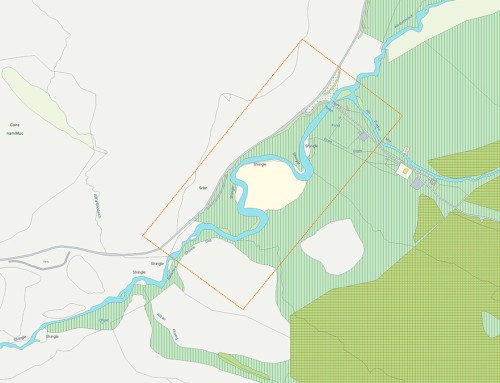Aline Catchment Restoration – Nature Restoration Fund
Ardtornish was awarded funding to develop the Aline Catchment Restoration project in 2023 through the Scottish Government’s Nature Restoration Fund, managed by NatureScot. Now we are pleased to have successfully secured further funding to improve the health of the River Aline and its surrounding habitats. The project’s vision is to help restore a nature-rich, ecologically connected, working landscape in the Aline catchment, from hilltop to riverbed.
The project will support the climate resilience of the Aline catchment, benefit wildlife and the local community by improving riparian, moorland and woodland habitats to increase biodiversity, resilience to extreme weather, capacity for sequestration of atmospheric carbon, and human connection to the natural environment.
Why is this important?
Records suggest that communities of fish, plants and invertebrates in the River Aline are in decline. Like many UK rivers, threats from climate change and land use are affecting the river’s health. The catchment is experiencing increased frequency and severity of high rainfall events. Exacerbated by browsing pressure on many habitats in the catchment and the instability of riverbank without trees, these events disturb gravel beds, mobilise sediment and wear away at the riverbanks.
Trials suggest that reducing browsing pressure and better management of grazing would allow regeneration of vegetative and structural diversity improving habitats and increase resilience to the impacts of climate change. Improved moorland and woodland habitat should slow run-off and reduce the impacts of extreme weather while better protected riparian habitat where trees are able to establish should withstand and modorate spate events while mitigating against raising water temperatures by shading the river.
Oyster reefs remove suspended solids and excess nutrients, including nitrogen compounds from water, acting as a natural filter for their ecosystems. They are also an important store for blue carbon contributing to mitigation of the climate and biodiversity crises.
The Project
This phase of work runs from November 2023 to March 2026 and is committed to:
- improving habitats in the catchment by reducing herbivore pressure on sensitive areas through removal of cattle from riverbanks, exclusion of sheep and deer, and trials to see how carefully managed cattle grazing within woodlands and moorland habitats using GPS collars could improve the diversity and resilience of those habitats.
- improving riverbank and in-river habitats through riparian planting to stabilised and shade banks, and creation of habitat within the river to provide resources for its invertebrate and fish communities, slowing the flow of the river after weather events and mimicking natural processes while the river-side woodlands are reestablished.
- improve the resilience of marine environment of Loch Aline and adjacent Sound of Mull Marine Protected area through expansion of CAOLAS’ rear and release Lochaline Native Oyster Project (LNOP). Reefs created by native oysters are a blue carbon sink. In addition, oysters improve water quality through filter feeding, and can reduce phosphorus, nitrates and particulates. The habitat created by oyster reefs provides important habitat for many marine species, including juvenile fish.
Collaboration
The project has been developed in conjunction with various organisations and individuals and continues to draw on their expertise to ensure that it delivers the best possible outcomes for the community, wildlife and landscape on Morven and the Aline catchment specifically.
The project is being led by Ardtornish with CAOLAS, Scottish Wildlife Trust, Buglife, RSPB and Lochabor Fisheries Trust all acting as project partners and advisors. We will also be working closely with NatureScot to inform our grazing trials within designated woodlands. The project has also sought support and advice from Ardtornish Ecological Advisory Committee and local ecologist Matthew Wilson.
Funding
The Aline Catchment Restoration project has received development and delivery funding through the Transforming Nature stream of the Scottish Government’s Nature Restoration Fund, managed by NatureScot.

